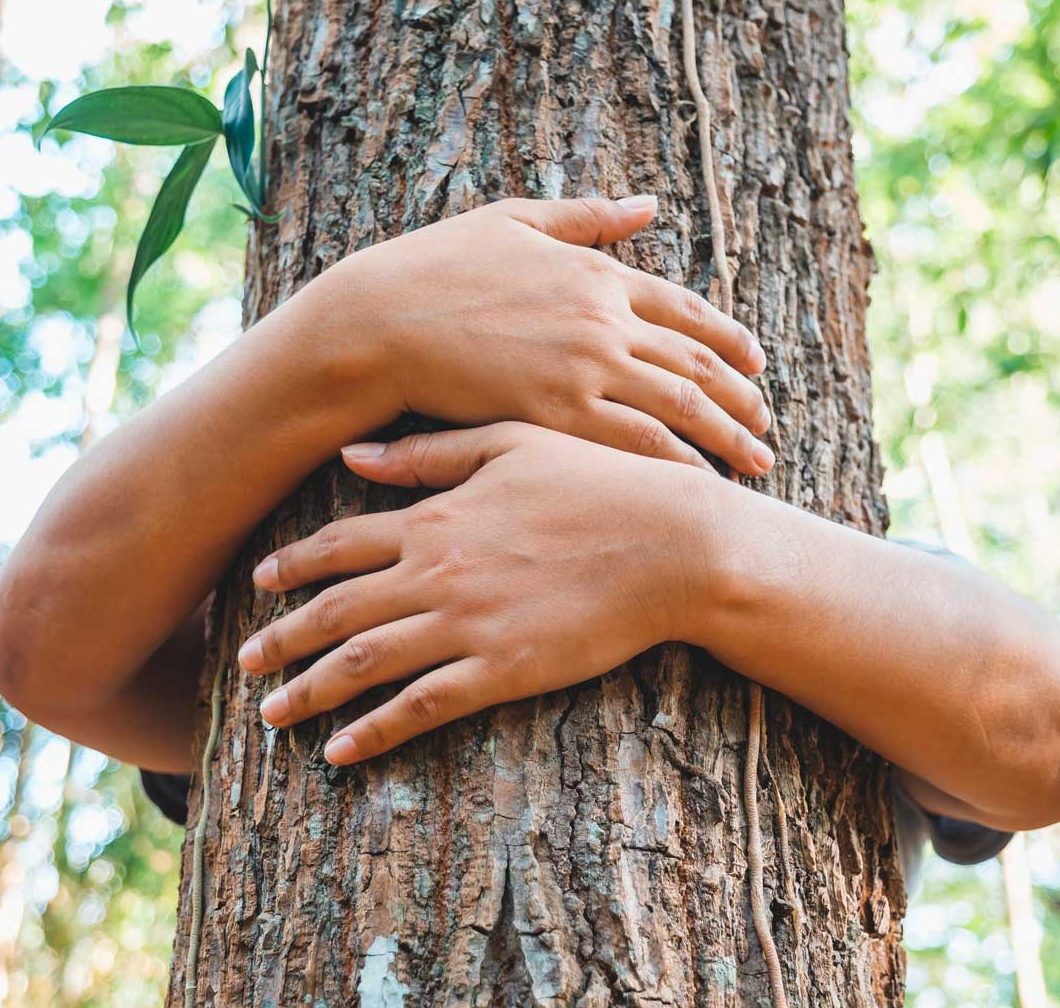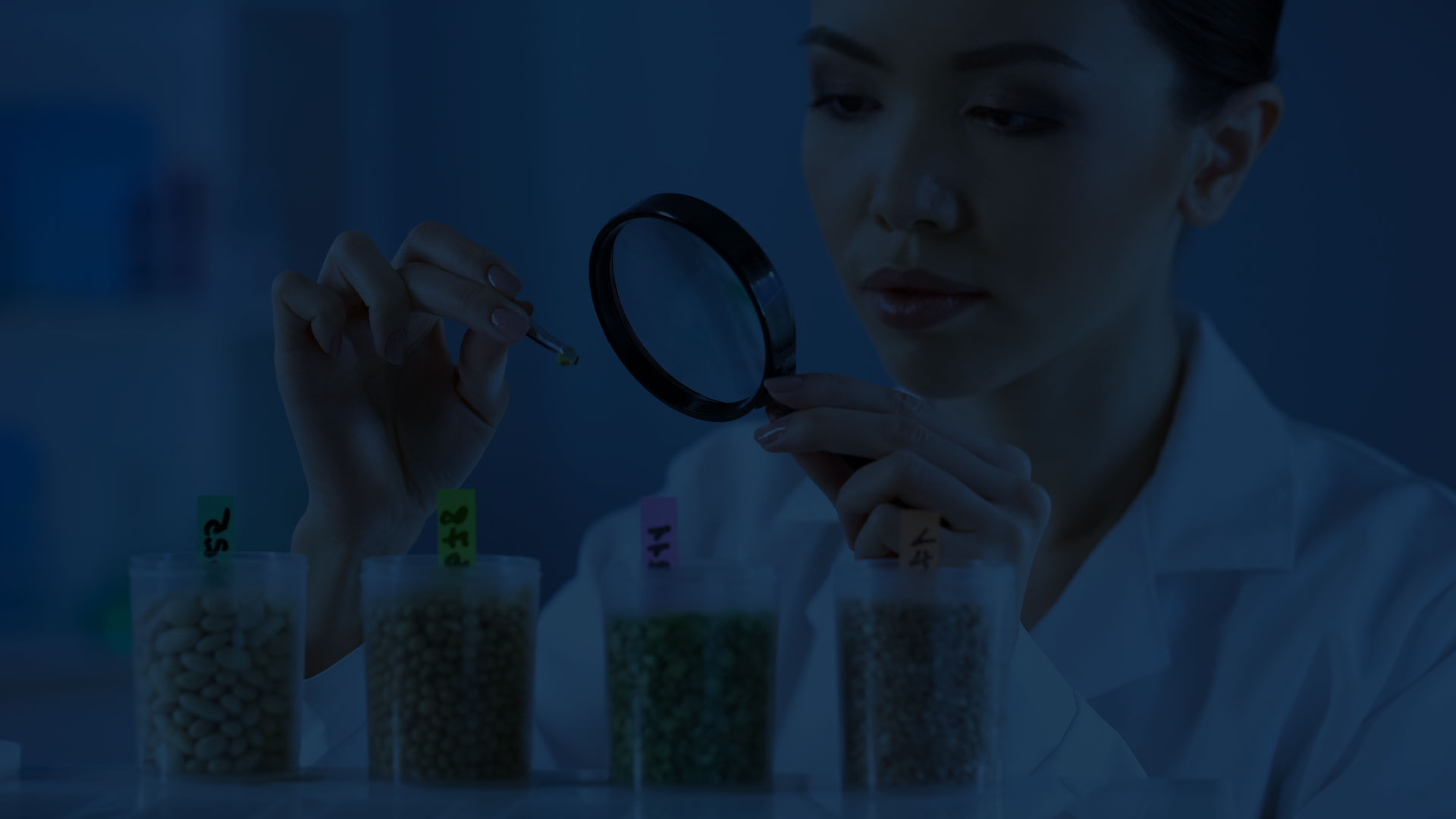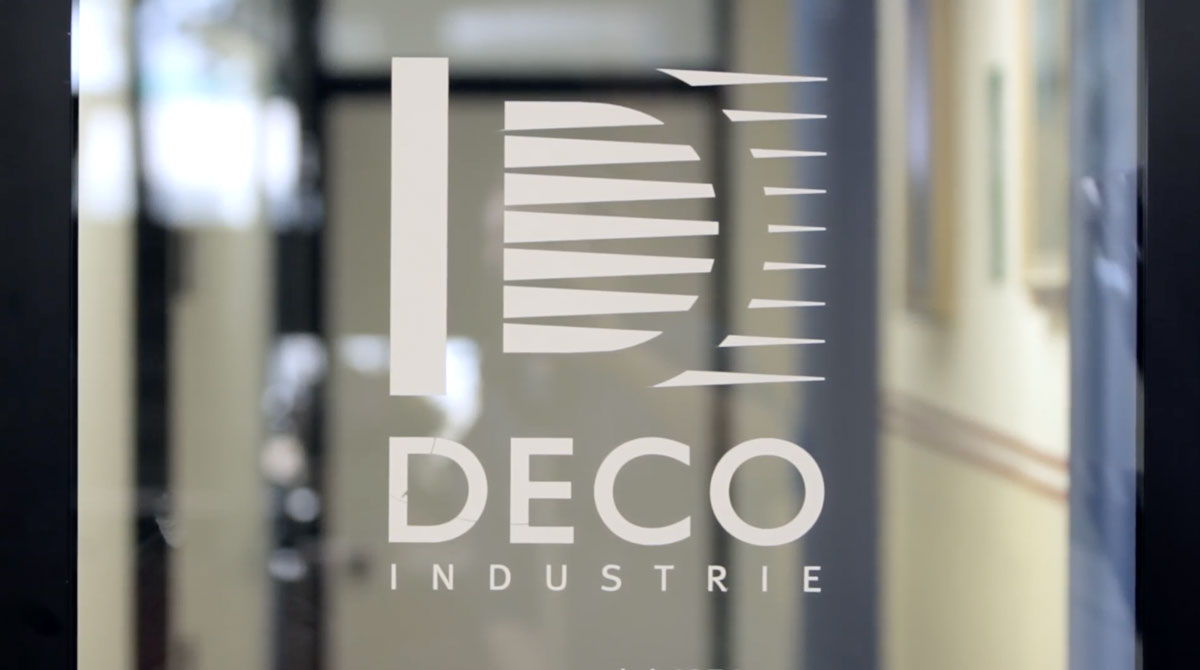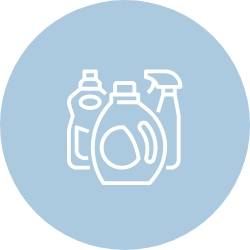We have always been committed to respecting legal regulations for preventing and reducing the environmental impact caused by activities at our production sites, our products and processes. Wherever possible, we use raw materials from certified sustainability programmes and recycled materials in our activities.

Love and care for our planet
Our measures to safeguard the environment
Over the years, we have implemented measures designed to reduce the consumption of materials
and the environmental impact of production and transport used for distribution logistics.
ABOUT PRODUCTS
1979 Development of phosphorus-free detergents
1987 Microbiological examination of raw materials and end products
1996 Further research into biodegradability
1999 Development of isocyanurate-free dishwasher tablets
1999 We joined the European AISE project aimed at:
-
- 10% reduction in per capita consumption of laundry detergents;
- 10% reduction in waste/packaging;
- 10% reduction in low-biodegradable ingredients;
- 5% reduction in energy consumption.
2002-2011 Eco-label certification for dish, laundry and household cleaning detergents.
2007 We joined the AISE Charter programme
2011 ISO:14001 certification for our production unit in Forlì and San Michele
2012 ISO:14001 certification for our production unit in Bagnacavallo
2015 EPD certification for dish detergents
2018-2019 Ecolabel certifications for dishwasher and surface detergents
ABOUT PACKAGING
1986 In-company re-use of plastic scraps
1986 First bottle of recycled plastic
1990 First pilot plastic recycling system
1991 PVC replaced with PET
1993 Triple-layer bottle with 25% recycled plastic
1994 Recyclable plastic labels
1996 Triple-layer bottle with 50% post-consumer recycled plastic
1997
Refill pouches for bottles
Packaging Oscar for a reduction in food-grade cardboard packaging
Reduction in the weight of bottles, with the same performance
2004 Packaging Oscar for 100% post-consumer recycled plastic bottle packaging
2002-2011 Optimization of Packaging and PF palletising aimed at reducing space in our warehouses and for transport
2007 Packaging Oscar for secondary heat-shrink packs as a replacement for cardboard
2010-11 Dish detergent line with reduced environmental impact
2017 Food wrappers made of 80g paper laminated with 15 micron metallized polypropylene ➔ Recyclable as paper waste
ABOUT PROCESSES
1984 Closed-loop sewage system and containment basins
1984 Wastewater disposal at the Ravenna wastewater treatment plant
1987 Contest for the construction of the consortium purification plant in Bagnacavallo
1987 Wastewater convection
1991 Elimination of PCFB from transformers
1992 Continuous pH monitoring of wastewater
1997 Reverse osmosis water treatment plant, replacing the resin demineralisation plant
1998 First environmental report
Since 2003 Monitoring of environmental impact indicators (waste and consumption in relation to volumes produced)
Since 2015 Compiling of the sustainability report
2018 Refill pouch filling line for the laundry, dish detergent and softener lines
For a sustainable future
Our programmes for the environment
Any action a company takes has an impact and we want to change the approach. The challenge is finding a new solution.
We have therefore joined various voluntary action programmes promoted by European industrial associations that all seek to control negative impacts on eco-systems, thereby encouraging positive and proactive reflection on conscious production, consumption and recycling.

ETHICS AND SOCIAL RESPONSIBILITY: 100% TRANSPARENCY
The values of honesty, loyalty and consideration of the needs of the community are of the utmost importance to us.
We promote social responsibility that embraces three aspects: economic, social and environmental. Moreover, we protect ethical issues in full compliance with the rights of human beings and workers. In this field, we have always ensured fair treatment and equal opportunities for those who work for our company and, above all, we protect their health while they are in professional work environments.
OUR CRITERIA FOR SUSTAINABILITY
These criteria have arisen thanks to research into the production and life cycles
of the products we offer for distribution and consumption.
In the SOCIO-ENVIRONMENTAL field
Selection of raw materials
Storage Raw materials
Product Development
- Reduction in the use of packaging components hazardous to humans;
- reduction in the use of raw materials hazardous to humans;
- use of raw materials of natural origin (for Ecolabel and non-Ecolabel products);
- assessment of the environmental risks entailed in using and storing raw materials;
- sustainability guidelines on relations with suppliers;
- improvement in aspects influencing the health and safety of employees.
Work Environment
Product implementation cycle
- Prevention of the risk of interrupting activities and damaging neighbouring communities;
- assessment of environmental risks in using and storing raw materials.
Product Development
- Risk assessment for consumer health and safety;
- monitoring and criteria for product review;
- reduction in packaging materials and/or optimising packaging for logistical advantages;
- compliance with legislation on labelling.
In the ECONOMIC/ENVIRONMENTAL field
In the ETHICAL/SOCIAL field
Work environment
Product manufacturing cycle
- Monitoring the use of energy and water resources;
- reduction in excessive amounts of raw materials in the finished product;
- waste management and monitoring.
We have adopted the framework regarding the requirements of the SA 8000 standard, in the belief that the company’s development must not be separated from the development of the workforce.
Our organisational and management regulations stipulate:
- Compliance with labour legislation;
- a focus on all health and safety aspects affecting the well-being of employees;
- guarantee of freedom of association and the right to collective bargaining;
- combating all kinds of discrimination;
- adopting adequate working hours and remuneration.

UN GLOBAL COMPACT
We have joined UN Global Compact, a platform for collecting and developing social responsibility policies and practices, according to which we are committed to respecting the 10 guidelines in the areas of human rights, workers' rights, the environment and anti-corruption, and to issuing an annual sustainability and final report. As active members of UN Global Compact, we have embraced the universal values that have become part of our strategy, our culture and our daily activities.
The 10 Guidelines of UN Global Compact
Human
Rights
-1-
Businesses should promote the protection of internationally proclaimed human rights
-2-
Ensure that they are not complicit in abusing human rights
Workers’
Rights
-3-
Businesses should uphold the freedom of association and the effective recognition of the right to collective bargaining
-4-
Eliminate all forms of forced labour
-5-
Abolish child labour
-6-
Fight against discrimination at work
Environment
-7-
Businesses should support an approach that protects the environment
-8-
Undertake initiatives to promote greater environmental responsibility
-9-
Encourage the development and diffusion of environmentally friendly technologies
Anti-corruption
-10-
Businesses should work against corruption in all its forms, including extortion and bribery
How do we put these 10 guidelines into practice?
Human
Rights
They have been included in our strategic vision and in our corporate mission
Workers’
Rights
Applying the CCNL (Collective Labour Agreement)
Assessing suppliers with questionable child labour
Checking the number of non-Italian employees
Environment
Projects to reduce the use of packaging and the environmental footprint
Participating in awards with innovations focused on environmental protection and sustainability values
Ecolabel certifications
Anti-corruption
Organisational Model pursuant to Legislative Decree no. 231/2001 for anti-corruption regulations regarding public services and between private individuals
PROMOTING OUR LOCAL AREA
Instead of exploiting the area in which it develops, a business can improve it by giving back part of what it has received to the community. This “return” can be achieved in various ways: from simple donations of money and products to creating real long-term projects for the well-being of society. We are expecting to increasingly consolidate this special bond with our territory. We are sure that, on the one hand, making known what we do and how we do it and, on the other hand, supporting the development of cultural, sports and charitable organisations active in the social sphere, is an essential choice for a dynamic business.
Over the last year
- Almost 300 students visited our production units.
- We maintained the price lists for our SCALA, PINETA and LORIANA products.
- We repeated sponsorships for local events, free merchandise and made contributions to local authorities and non-profit associations.
- Our company retail outlet continues to sell second-rate products to the public at extremely low prices.
- We organise initiatives to interact with the public and welcome them to our production units in order to present new products, new technologies and research applications, in which we invest to ensure the continuity of our company.
Romagna Solidale
We collaborate with Romagna Solidale Onlus, a foundation represented by a network of companies in the Romagna region, which makes social solidarity its mission.
The Romagna solidarity network deals with:
- Addressing social intervention projects, especially at a local level.
- Investigating and examining problems existing in the local area and promoting their development.
- Making donations directly to organisations, non-profit organisations and associations by allocating sums from the Let’s Donation initiative:
an e-commerce platform with no product boundaries.







